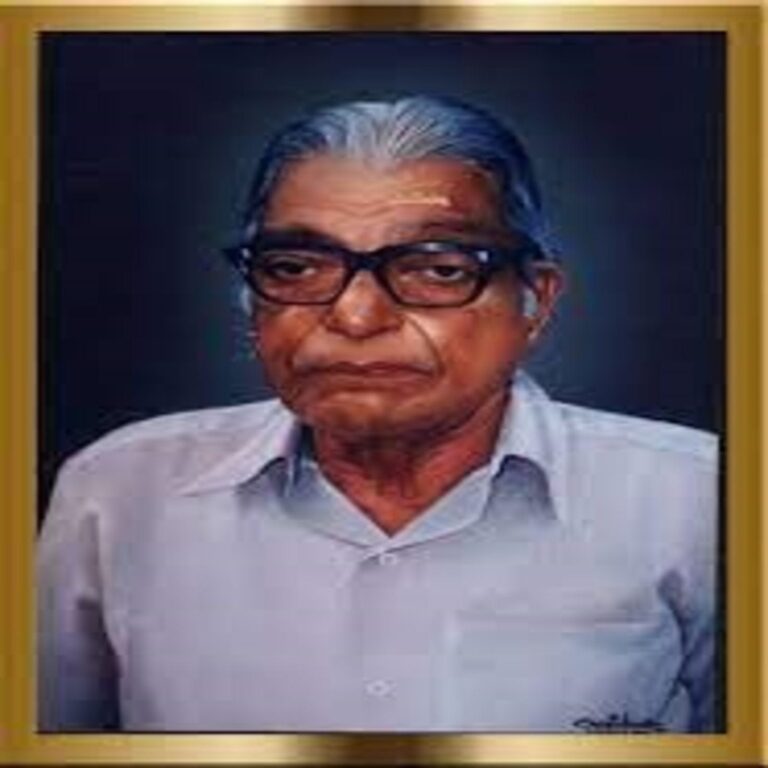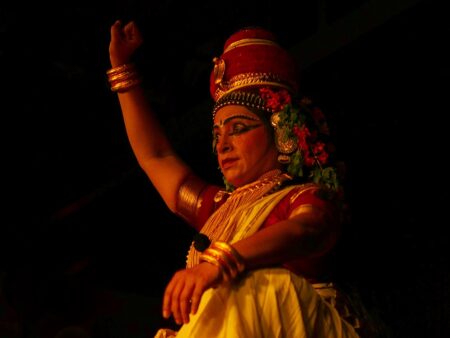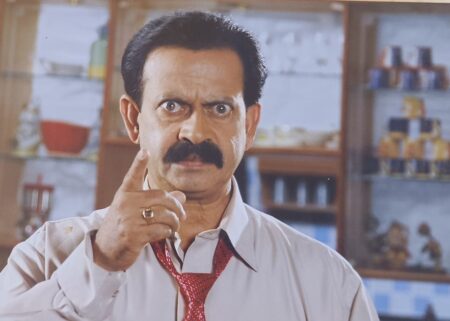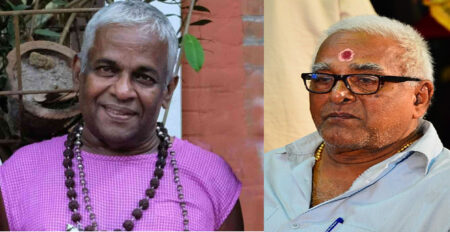When the social prohibition on widow marriage was very intense in the Namboodiri community, MRB was courageous enough to marry a young widow, strongly proclaiming his revolutionary principles.
Two decades ago, in October a pall of gloom descended on the literary world of Kerala when the news about the demise of Mullamangalathu Raman Bhattathiripad (MRB) was broken by the media. For, his exit marked the end of an era that had witnessed a galaxy of luminaries who had relentlessly pursued to redeem the society from the social evils of those days.
MRB was born in Vanneri near Ponnani, Malappuram district, in an extremely orthodox Brahmin family. That, too, at a time when casteism ruled the roost. Those were the days when non-Brahmins including higher castes among them had neither irikkaporuthy nor kidakkaporuthy (in MRB’s jibe) – meaning that the harassment meted out to them was the worst. But MRB reacted to these with his marriage.
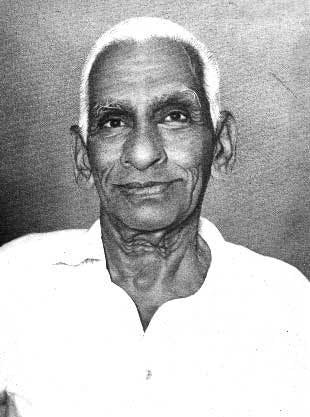
In the Malayalam month of Chingam in 1935, a unique event occurred at the residence of the reformer-celebrity V T Bhattathiripad in Trithala. A 27-year-old Namboodiri exchanged garlands with a 23-year-old antharjanam in the presence of luminaries like K Ayyappan, K Kelappan, Nalappadan, Vallathol Narayana Menon, Kuttikrishna Marar and EMS Namboodiripad.
The marriage sent shock waves through the community since the antharjanam was a widow! For widow marriage was proscribed by the dictates of the Brahmin community. Shorn of the usual ostentations and rituals peculiar to a Brahmin wedding, the event was condemned by the orthodox sect who performed the rite of irikkapindam , thereby excommunicating MRB and his wife Uma Antharjanam who was V T Bhattathiripad’s younger sister.
Even as there was any number of anecdotes to substantiate the intensity of the ‘apartheid’ prevalent those days, the one involving Kuttikrishna Marar was mind-boggling.
Marar was given permission to take food at Mullamangalathu mana whenever he visited Vanneri to meet poet Vallathol Narayana Menon. This was necessitated as a Marar could not dine at a Nair’s! Knowing that Marar was offered an avanappalaka (the wooden seat meant only for Brahmins to take food), MRB’s father advised his children including Premji, the illustrious actor, against such a ‘sinful’ act. From the next day onwards, Marar had to take food sitting on a newspaper!
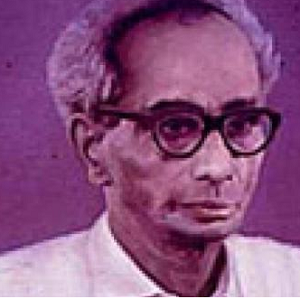
Marar’s continuous stay in the mana attracted more problems. One day, he forgot to fold the mattress on which he was sleeping, after getting up in the morning. Even the valyakkaran (servant) refused to do the job as Marar belonged to a lower caste!
Kalamandalam Ramankutty Nair mistaken as EMS Namboodiripad
Small wonder such events got etched on MRB’s impressionable mind as a child. He was influenced by VT and Vallathol. VT himself initiated him to the social movement, “To transform Namboodiri to a human being”. Antharjanams were treated as a class predestined to lead a life in servitude. Their weeping and wailings were echoed only by the walls of the vadakkini (room for women).
While VT’s epochal play, Adukkalayil ninnu arangathekku provided an impetus for the emancipation of this suppressed class, MRB’s Marakkudakkullile Maha Narakam zoomed in on the travails of these hapless victims of the so-called brhamanyam. The tragic fate of Ittipappi, the heroine of the play, created tremors not only in the community but also in the entire society. Members of the erstwhile Cochin Legislative Assembly, for whom a special show was staged on the eve of a historic session, unequivocally passed the Namboodiri Bill that sought to end evil practices like polygamy.
MRB was labelled a communist because of his uncompromising stance against feudalism. But he was not a member of any political party. At a time when there was a manhunt for communists, before independence, MRB’s presence anywhere caused a headache for the local police. Once Kalamandalam Ramankutty Nair and Kalamandalam Neelakantan Nambissan were rounded up at MRB’s home in Shoranur by the police who were searching for EMS.
They took Ramankutty Nair for EMS because of his stammering and Nambissan’s poonool( sacred thread) made the matters worse. No argument by MRB could save the situation and both the artists had to spend a night in police custody at Ottappalam.
Inclined towards theatre
It was during those days that MRB took to journalism. He worked in Mangalodayam, Navalokam and Deshabhimani. His stint at Mangalodayam gave him ample opportunities to rub shoulders with literary geniuses of those days. In his books one can see the presence of Kuttikrishna Marar “who had a few Vallathol verses always on his lips”, P Kunjiraman Nair whose extra-long kurta seemed to proclaim, “Why do you need a dhoti when I am here”, G Sankara Kurup whose “bag is very anxious to reveal its contents” and similar idiosyncrasies and virtues of the entire celebrities of Kerala who had enriched Malayalam during the first half of the century. His works including the short story collection ‘Vaalkannadi’ are quintessential of the shrewd observer in him and they also demonstrate his ire against political and social evils. The poem ‘Peelikkannukal’ embraced his views on truth, women, bhakti etc.
A connoisseur of all arts, he was more disposed towards theatre. He had commented, “Once art and literature cease to refine the thoughts of the people, they lose their sour; in this respect, I have felt that theatre, in particular, could play a more vital role”. He was of the view that modern plays banked more on technology than on human sentiments. The audience was an integral part of the theatre of yore. Therefore there was nothing strange when a boy from among the audience picked up one of the ‘breasts’ that had fallen down when Ochira Velukutty’s Sakuntala bent down to pump the gaslight on the stage! Neither it was felt odd when an old woman among the audience, moved by the pathetic plight of Sakuntala at Dushyanta’s palace, invited the heroine to her nearby house so that she could deliver the child in peace.
A close associate of Kerala Sangeetha Nataka Akademi, he was the editor of its organ Keli for more than a decade.
Soft-spoken and unassuming, MRB would make you talk more while his responses were only a few nods and ‘hmms’ from the tight-lipped mouth that was ever full of paan!

